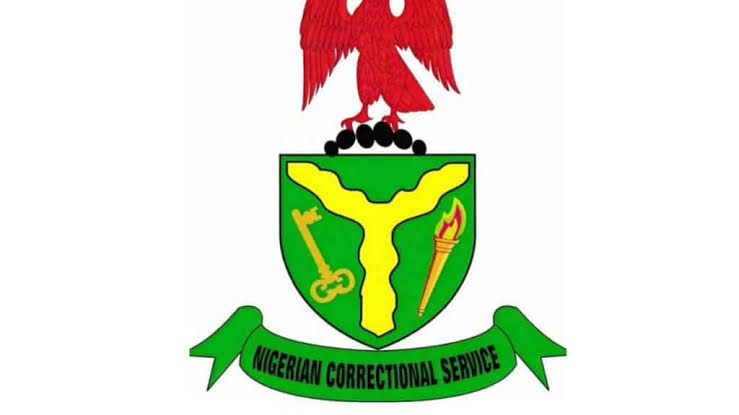The Nigerian Correctional Service (NCoS) has vehemently denied allegations of employing torture techniques on inmates within its facilities, emphasizing that such actions are strictly against its operational guidelines.
Barr. Emmanuel Nwakeze, the Assistant Comptroller General of Prisons in charge of operations, made this assertion during a capacity-building workshop for Members of the National Committee Against Torture (NCAT). Organized by Avocats Sans Frontieres France under the Promoting the United Nations Convention Against Torture (ProCAT) Project, the event aimed to support NCAT members in effectively executing their mandates to combat torture in Nigeria. This initiative received support from the Australian High Commission in Nigeria and the United Nations.
Nwakeze clarified the NCoS’s stance, stressing their commitment to a human rights-centric approach.
He noted that the transition from the term “prisons” to “correctional service” was to signify a departure from torture towards rehabilitation and correction.
According to him, the law prohibits any form of torture within their facilities, underscoring the importance of compliance with these regulations.
He further stressed the prohibition of using inmates for staff-related tasks under the reformed Nigeria Correctional Service Act of 2019.
The official also underscored the existence of mechanisms for inmates to report cases of maltreatment or degrading treatment. Each correctional service unit appoints welfare staff responsible for ensuring proper inmate treatment and providing avenues for reporting any inhumane treatment.
He said, “We are in the forefront for promoting human rights. It is already in our law and part of the law says that no inmate should be tortured. In fact, using inmates to work for our staff is not allowed under the new dispensation of Nigeria correctional service act of 2019.
“Therefore, you cannot see torture anywhere in our custody, just that sometimes the only problem we may have is congestion which we are working assiduously to correct.”
In alignment with this, Angela Uwandu Uzoma-Iwuchukwu, Country Director of ASF France, highlighted the committee’s role in enforcing Nigeria’s anti-torture legislation.
Uzoma-Iwuchukwu emphasized the need to hold perpetrators of torture accountable while ensuring justice for victims, addressing the prevalence of torture within law enforcement agencies.
She said, “We know that torture is commonly used by law enforcement agencies but the strong message that we are engaging with the various security agencies who themselves also have nominations within the committee to put the message out that it’s not business as usual.”
Leann Johnston, the Charge D’ Affaires of the Australian High Commissioner to Nigeria, acknowledged the existence of Nigeria’s Anti-Torture Act 2017 but noted challenges in its complete enforcement.
Johnston said there were instances where torture-induced confessions led to incarcerations, stressing the importance of transforming the culture within agencies covered by the Act to align with a zero-tolerance policy towards torture.
He said, “It is in this vein that we are pleased to hear members of the new government, including His Excellency President Tinubu, not only admit that there have been mistakes in the past but commit themselves to Protecting the rights of people moving forward.
“I welcome the commitments of the new Government to work towards changing the culture of agencies covered by the Act away from one that permitted actions such as torture, towards one where it is not tolerated, as the Act intends.”
The Australian High Commission expressed optimism about the commitment of Nigeria’s new government, led by President Tinubu, to rectify past mistakes and prioritize human rights by discouraging torture within security agencies, aligning with the Anti-Torture Act’s intentions.





